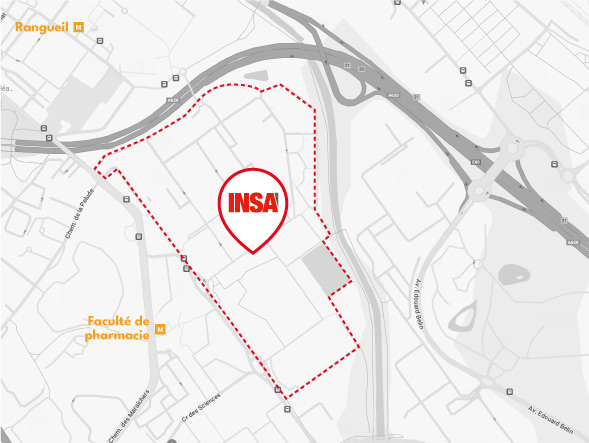Discrete and Continuous Systems Optimisation
Description
Objectifs
At the end of this module, the student will have understood and be able to explain (main concepts): - different approaches to analyse, evaluate the performance of discrete event systems through different models (deterministic or stochastic, graphs) and to optimise them (linear programming) - the optimisation methods for continuous systems : -static (first and second order conditions) - dynamic (dynamic programming) - their applications to optimal or model predictive control mainly for linear systems The student will be able to: - to analyse, model and solve an optimization problem of discrete systems by a linear programming or a graph, by applying relevant algorithms (simplex or usual graphs and networks algorithms) - to model and to characterize: stationary Makovian processes with discrete state space (chains) and continuous or discrete time, queuing systems, to analyse their transient and stationary behaviours, to evaluate their performances - to model and analyse discrete event systems by Petri nets - to formalise and solve a quadratic criterion, nonlinear, without or with constraints optimisation problem in the case of systems with real variables -to develop and design an optimal control law (LQG) for a linear or linearized process.
Pré-requis
Linear algebra - Probabilities - Dynamic systems (state concept). Basic elements in
logic systems and Petri nets.
Évaluation
L’évaluation des acquis d’apprentissage est réalisée en continu tout le long du semestre. En fonction des enseignements, elle peut prendre différentes formes : examen écrit, oral, compte-rendu, rapport écrit, évaluation par les pairs…
En bref
Crédits ECTS : 6.0
Nombre d’heures : 68.0

INSA Toulouse
135 avenue de Rangueil
31077 Toulouse cedex 4
Tél : 05 61 55 95 13
Fax : 05 61 55 95 00

Dans un souci d'alléger le texte et sans aucune discrimination de genre, l'emploi du genre masculin est utilisé à titre épicène.











